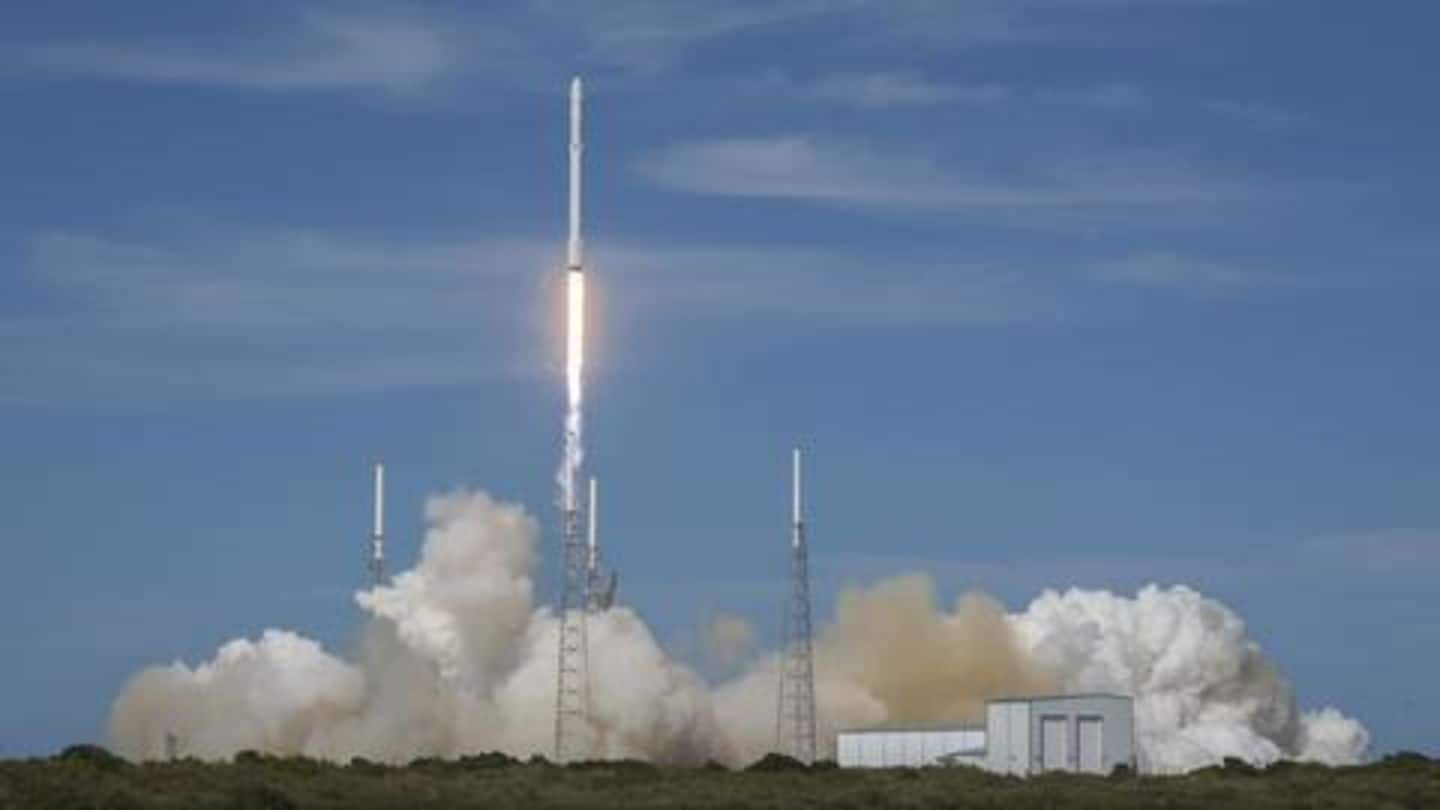
SpaceX launches UberPool-like servce for launching satellites
What's the story
Elon Musk's SpaceX has launched an UberPool-like ride-sharing program to make space more accessible. The service will let a company launch a small satellite on the spacefaring giant's Falcon 9 rocket and split the cost for the same with other companies looking to have their satellites positioned in orbit. Here's all you need to know about the program.
Current cost splitting
Currently, satellite launch costs are not evenly split
At present, operators looking to launch a small satellite hitch a ride on a rocket that is already launching a 'primary payload' from a bigger company. This bigger company bears the majority of the cost of the rocket launch and holds control of the schedule. Meaning, if they need, they could postpone the launch, thereby postponing the launch of secondary payloads as well.
RideShare program
SpaceX SmallSat RideShare Program aims to change this
In a bid to make these launches more affordable and easier, SpaceX has launched the SmallSat RideShare Program. The service, as the name suggests, will let small companies book payload slots for a pre-scheduled launch. This way, the entire cost of the trip will be shared and there won't be any delays or the need to wait for a primary payload from space agencies.
Cost
How much SpaceX would charge for the service
According to SpaceX, the base package would cost $2.25 million, allowing a company to launch a 150kg payload into a sun-synchronous orbit (500-600km from Earth). For payloads weighing up to 300Kg, the same trip would cost around $4.5 million. Although a lot, it is much lesser than the $57 million price-tag to book a SpaceX rocket journey for a satellite.
First mission
First shared launch to happen in 2020-2021
SpaceX has said the first shared satellite launch would happen between November 2020 and March 2021. The company has not revealed the name of the customers but has clearly noted that these missions will not be postponed, even if one of the co-passenger back out. It's also worth noting that these missions will also help SpaceX raise funds for its more ambitious space projects.